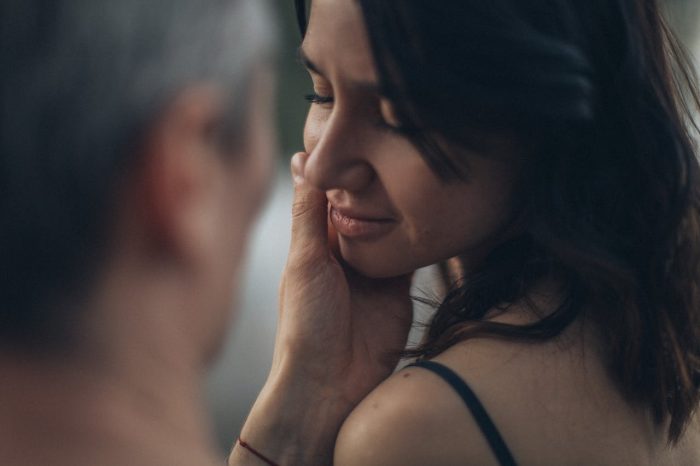Anyone can be the victim of emotional abuse.
No matter how strong, capable, or clued up we think we are.
The truth is, that was me—a strong woman who had overcome many adversities, running my own business, being a parent, studying for a degree, nearing my 40s—but I still became a victim of emotional abuse.
I do not like using the word “victim” because it sounds so powerless, it has connotations of people feeling sorry for themselves, and my ego does not like to think that I have been a victim, but these ideas aren’t really what being a victim is about.
The definition of “victim” is “any action that intentionally harms or injures another person.”
So, I ask myself, have I been harmed because of someone else’s actions? The answer is yes, over a long period of time, and to the detriment of my mental health, self-esteem, and confidence.
I have realised this only now, years after this process took place with a partner. It was the subtle put-downs, the deliberate lack of compliments, telling me what I should wear, unfounded accusations, jealousy, constant suspicion, hypervigilance about my actions, gaslighting, and instilling the belief in me that I was not good enough, that I was not attractive enough, that I was just “not enough.”
I went from being confident to having increased anxiety and feeling depressed and unworthy through the repetitive behaviour and comments of one person. I lost myself, and I never thought that could happen to me. I never considered that my relationship was emotionally abusive because we often think abuse is obvious, but abuse can be subtle and consistent, like gas leaking from a stove, and after a while, you just can’t breathe.
Many people who do not understand abusive relationships will blindly say, “Well, you should’ve left.”
It is not as straightforward as just leaving an abusive relationship, either through fear, or for the simple fact that:
You don’t always know it’s happening.
It’s often only on reflection. When we are outside of a situation or we have had a drastic wake-up call or a change of perception, we can look at the experience in the cold light of day and label it as abusive—without the hopes and investment in potential and following the trail of breadcrumbs an abusive person gives us, just enough to give us hope to think that person will change when they show us they have the potential to be the person we want them to be.
The confusing thing about abuse is that that person can also be loving and create the illusion of safety—until the next time their behaviour changes. It’s a constant roller coaster.
There are mixed messages, and they may be projecting their unhealed traumas onto us because they are the ones hurting inside, but it is still not okay.
The power wheel describes emotional abuse as “putting her down, making her feel bad about herself, calling her names, making her think she’s crazy, playing mind games, humiliating her, making her think she’s crazy” (“her” is how it is written, but, of course, this applies to all genders).
If it is significantly impacting your mental health, then it isn’t nothing. There is no excuse for another person to act out of the above behaviours.
It can happen to anyone, and if it has happened to you, I want to tell you that you are not a failure because of this. But most of all, I want to tell you that:
Your abuse is valid.
When the anger and resentment come—and it’s likely that it will once you realise you have been a victim of abuse—it can feel like a violent storm stirring up all sorts of hurtful thoughts and feelings. It can be near unbearable to feel, but ride it out. Thank the anger for alerting you to an injustice that has taken place and a signal that your boundaries have been crossed; emotions are there to help us.
This is the process of healing, and this unpleasant emotion can shine a light on the places we need to heal to stop this from happening again.
I read once that people make you feel the way they feel. This is reflected in the way abusive people choose to bridge the gap inside themselves by pulling others down, thereby elevating their own ego, which serves as an illusion that they have “won” or are “worthy.”
But it doesn’t last, and the cycle repeats.
If you suspect you are in an abusive relationship, I encourage you to reflect and seek help if needed.
Whatever the reason someone is being abusive toward you, it is never okay.
~
Please consider Boosting our authors’ articles in their first week to help them win Elephant’s Ecosystem so they can get paid and write more.









Read 2 comments and reply